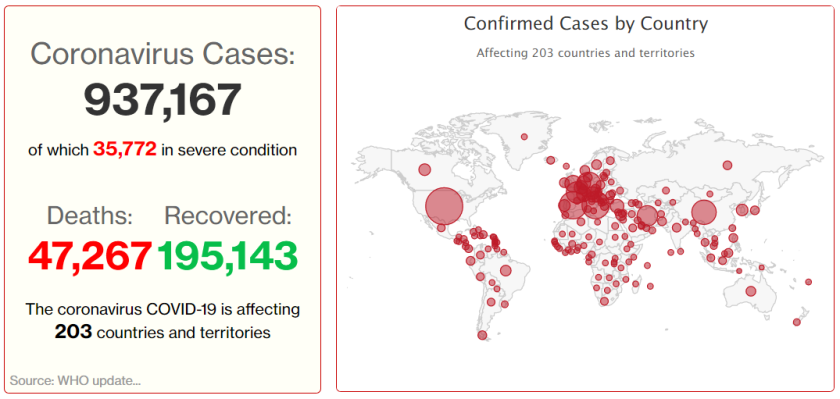
Steve Cadman/Creative Commons 2·0
I don’t profess to be an expert on how Hong Kong law functions these days with its mix of old British ordinances and the laws made after 1997, but one thing that struck me with at least the news reports covering the criminalizing of insults against ‘March of the Volunteers’, the national anthem of the People’s Republic of China, is whether parody—a fundamental part of free speech—will still be permitted.
I don’t have a problem with the anthem being taught to children as it was sung long before 1949, the establishment of the PRC. It was a wartime anthem, which people like my father knew, having been born in the 1930s at the time of the Sino–Japanese War. It is historical, and it has meaning. It is arguably even more familiar to older Chinese than the Republic of China’s anthem generally sung on the island of Taiwan. But, even back then, ‘March of the Volunteers’ had picked up this parody:
起來! 買嚿牛肉蒸葱菜!
If I recall correctly, the parody emerged when the Communists and Nationalists were trying to entice the citizenry over to their side, and the Communists were promising food.
I won’t go in to parody and its relationship to freedom of speech here; there are plenty of resources on it online.
But does it mean that repeating the parody lyrics would put me at risk in Hong Kong?
Of course it has escaped no one that the law was passed on June 4, a ballsy move by Beijing.
Meanwhile, a few members of the UK government have talked about giving BN(O) (British National [Overseas]) passport holders a pathway to British citizenship, leading some to say there would be a brain drain. What I will say here is: the British have talked about defending the rights of Hong Kong people under the joint declaration ever since 1997—indeed, even before, with the Blair-led opposition—and nothing has happened. I’ve gone into my issues entering the UK with this passport before, so you’ll excuse me if I say that actions speak more loudly than words. British politicians have been high on rhetoric for over two decades on this issue and I have no reason to believe the least trustworthy lot they have ever elected.
I disagree that they are interfering with Chinese affairs if they are simply looking after those that identify themselves as British, but at the same time I don’t think Beijing’s foreign ministry has anything to be concerned about. The British have their own doorstep to think about, and the prospect of millions of Hong Kong Chinese heading there was too hard for them to stomach under Major or Blair, and I do not expect that attitudes have changed.





